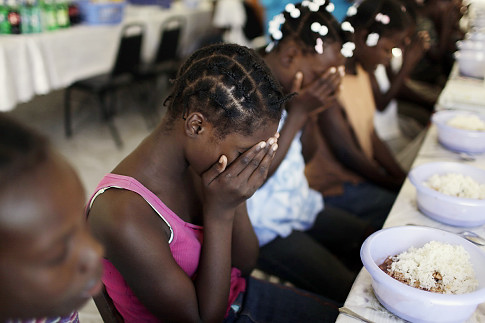
On this World Day Against Trafficking in Persons, it is imperative for both national and international authorities to join forces in combatting this reprehensible crime. The theme, ‘Leave No Child Behind in the Fight Against Human Trafficking,’ deeply resonates with the countless victims of trafficking. Ensuring child protection, enhancing legislation, and allocating increased resources to combat child trafficking must be paramount priorities for states.
Since its inception in 2014, July 30 has been recognized by the UN General Assembly as a day to renew efforts in preventing, suppressing, and penalizing trafficking in persons, encompassing various forms of exploitation such as recruitment, transportation, and coercion.
A Global Report on Trafficking in Persons by the UNODC revealed that children are at a higher risk of violence compared to adults during trafficking incidents. These vulnerable children are subjected to a range of atrocities including forced labor, sexual abuse, and exploitation through various means such as illegal adoption, street begging, and involvement in criminal activities.
Recent incidents, such as the dismantling of a child trafficking ring by the Lagos State Police and the rescue of a two-month-old baby, underscore the urgent need for action in addressing this grave issue.
Reports of Nigerian girls trafficked for prostitution in Ghana and the arrest of individuals involved in trafficking minors in Delta State highlight the pervasive nature of this crime.
The Women’s Consortium of Nigeria highlighted that a significant number of Nigerian children, particularly from impoverished rural backgrounds, are forced into labor and trafficking, with many being exploited outside the country in regions such as West Africa and Europe.
Efforts to combat child trafficking must include addressing root causes such as poverty and inequality, as well as strengthening child protection mechanisms nationwide. Perpetrators must face accountability and justice regardless of their status.
Collaboration among civil society organizations, the private sector, and communities is essential in raising awareness and improving the identification of trafficked children, particularly in vulnerable settings like religious schools and areas with high displacement rates.
State authorities should collaborate with international organizations, establish dedicated agencies, and intensify anti-trafficking efforts to effectively combat this scourge.
